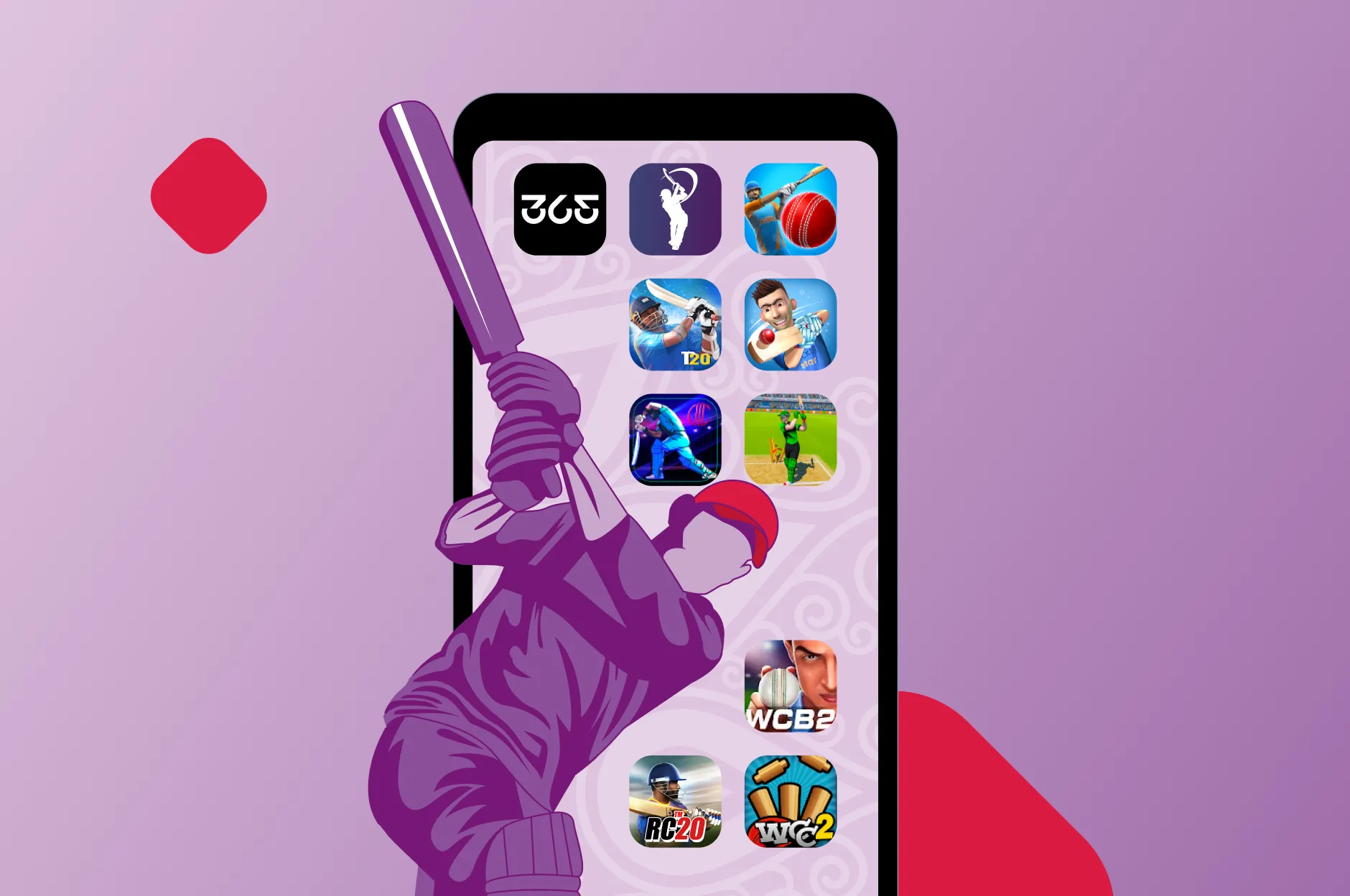

There is little doubt, many view their smartphones as a virtual best friend or even as an extension of themselves and would be lost without them.Best Friends Forever #BFFHowever, no matter how useful or re-assuring your smartphone is to you, it doesn’t always play the role of your new BFF particularly well. For example: Would your best friend talk behind your back, share (or event sell) your secrets with strangers and potentially spy on you or your family?Smartphone users with concerns about privacy might be horrified to learn that for years commercially available software, often buried deep in seemingly innocent apps (often installed with free downloads targeted specifically at children), may have been secretly accessing the microphones and even cameras of millions of devices and listening in to you and your family’s everyday lives.Note: Most laptops illuminate a small light next to their webcams to demonstrate activity, this isn’t a feature on most smartphones or tablets.While in the past much of this software has been used, some would argue “harmlessly”, to deliver “targeted” advertising campaigns based on smartphone users’ TV viewing habits or audio signals (background sounds) in fast food restaurants and stores (creepy enough), the thought of more unscrupulous organizations having access to their children’s devices’ microphones and cameras (via apps downloaded from the Play Store) is enough to send most parents reaching for the electrical tape - a move apparently endorsed by Facebook boss Mark Zuckerburg.Android to the RescueAccording to developers, the next release of the Android operating system (Android P) will specifically address these privacy concerns by disabling access to a device’s microphone and camera when an app is idle. Notes also suggest that access to the microphone and camera will be turned-off after a “certain period of time”.While the move will almost certainly be universally applauded by privacy advocates, it does raise questions about the relationship between us and our smart devices.Further Reading: Forget Smartphones, the Future Belongs to Intelligent DevicesA quick web search relating to smart devices like the Amazon Echo or smart TVs and privacy will return thousands of results highlight the potential risks of inviting such “smart” devices into our homes.While much of this reaction may be all too easily dismissed as paranoia, when mainstream media channels start asking questions about “smart” devices spying on us, it’s easy to see how the public become concerned and this isn’t good for business.A recent survey conducted by the consulting firm Deloitte suggested that more than 40 percent of those questioned were concerned about “smart” devices tracking their usage. A similar number also suggested they were worried that such devices could expose too much detail about their daily lives.Is Big Brother Really Watching You?The fact is, most consumers don’t have the information to make an informed decision about how much information they share with the technology vendors they invite into their homes or carry around on their person. Deloitte suggests that less than 20 percent of the general public felt “well informed” about the potential risk “smart” devices could present to their privacy and this could impact on wider adoption of such technologies.Privacy WinsOf course, with any connected technology there has to be a balance between how much information the consumer shares and the service they receive in return. Most people will accept this as a “fair exchange” if they understand what information they are giving up and how that data is used. It is therefore the fear of the unknown which is the biggest concern to consumers.Placing privacy at the heart of their forthcoming Android releases is both reassuring and, let’s be honest, sensible. Just because “big data” is big business for many technology companies doesn’t mean they have to be greedy and potentially destroy the level of trust between consumers and technology firms. In fact, the more informed consumers are to the benefits of sharing data, the more likely they are to be happy to share it.The release of Android P might be the first step towards “big tech” taking the topic of privacy out of the depths of those terms and conditions you always agree to but never read. When this happens, perhaps we can all learn to trust our “best friends” again.Behind the HeadlinesBut here’s the sting in the tail. While many of us self-confessed “Android geeks” in the industry are aware of the efforts big tech companies are making to improve device security, most of the general public will only ever see the headlines about the potential risks.The “fear” this creates may contribute to the fact that half of all smartphone users will never download an app to their device. When this happens, the only opportunity you might have to place your app in front of this sizeable audience is making sure they are on the device from the moment of activation.Further Reading: Preloaded Apps Deliver Credibility, Security and EngagementSpeak to Digital Turbine today to learn how we can help you to securely deliver your app while respecting your users’ concerns regarding their privacy.






.jpg)

